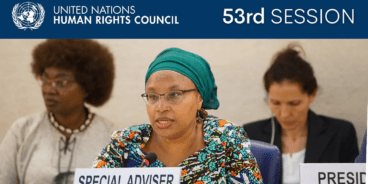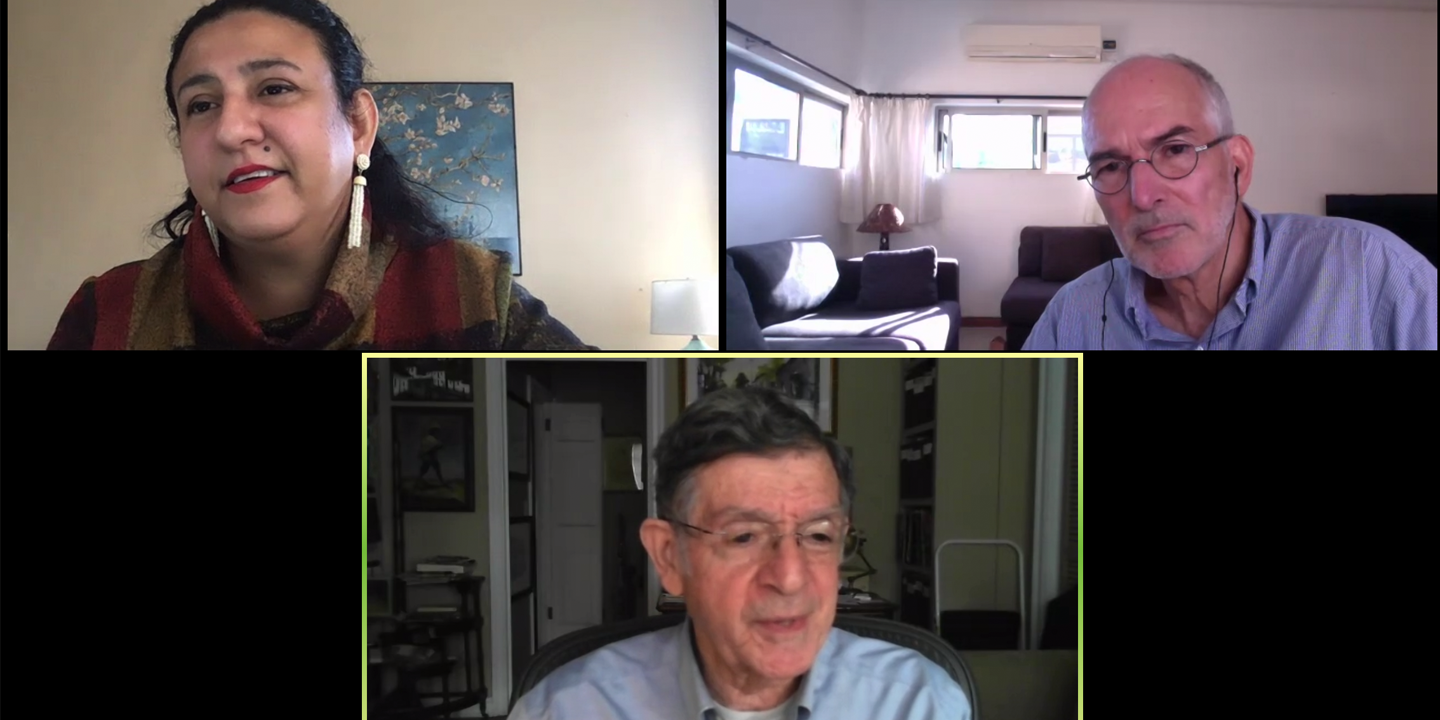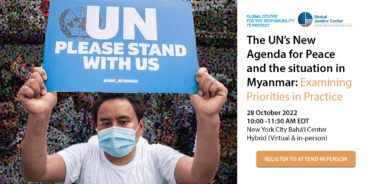

Panel Discussion: UN response to atrocities: A conversation with Ambassador Gert Rosenthal and Mr. Charles Petrie
Since it was established 75 years ago, the United Nations has had a mixed record in terms of its capacity to prevent atrocities and protect populations from conscience shocking crimes. During 2009, as the war in Sri Lanka was coming to a close, government forces and rebels of the Liberation Tigers of Tamil Eelam perpetrated war crimes and crimes against humanity. A UN internal review panel, headed by Charles Petrie, determined that the UN had systematically failed to protect populations from the crimes. Nearly a decade later, Ambassador Gert Rosenthal conducted a similar review of the UN’s presence in Myanmar during the so-called “clearance operations” in Rakhine State and the years leading up to the genocide of the Rohingya.
On 19 November the Global Centre for the Responsibility to Protect brought together these two renowned UN experts to discuss their seminal reports on Sri Lanka and Myanmar, and lessons learned regarding UN responses to situations where populations are facing the threat of atrocity crimes. Drawing on their unique expertise, Ambassador Rosenthal and Mr. Petrie discussed the findings of their reports and assess their systemic implications for the UN. Is the UN effective in responding to escalating atrocity risks? Are there any political, structural, or institutional challenges that inhibit the UN’s effectiveness? Is there a need to improve early action within the UN system?
Related Content


Savita Pawnday interviewed by Voice of America on the situation in Myanmar
